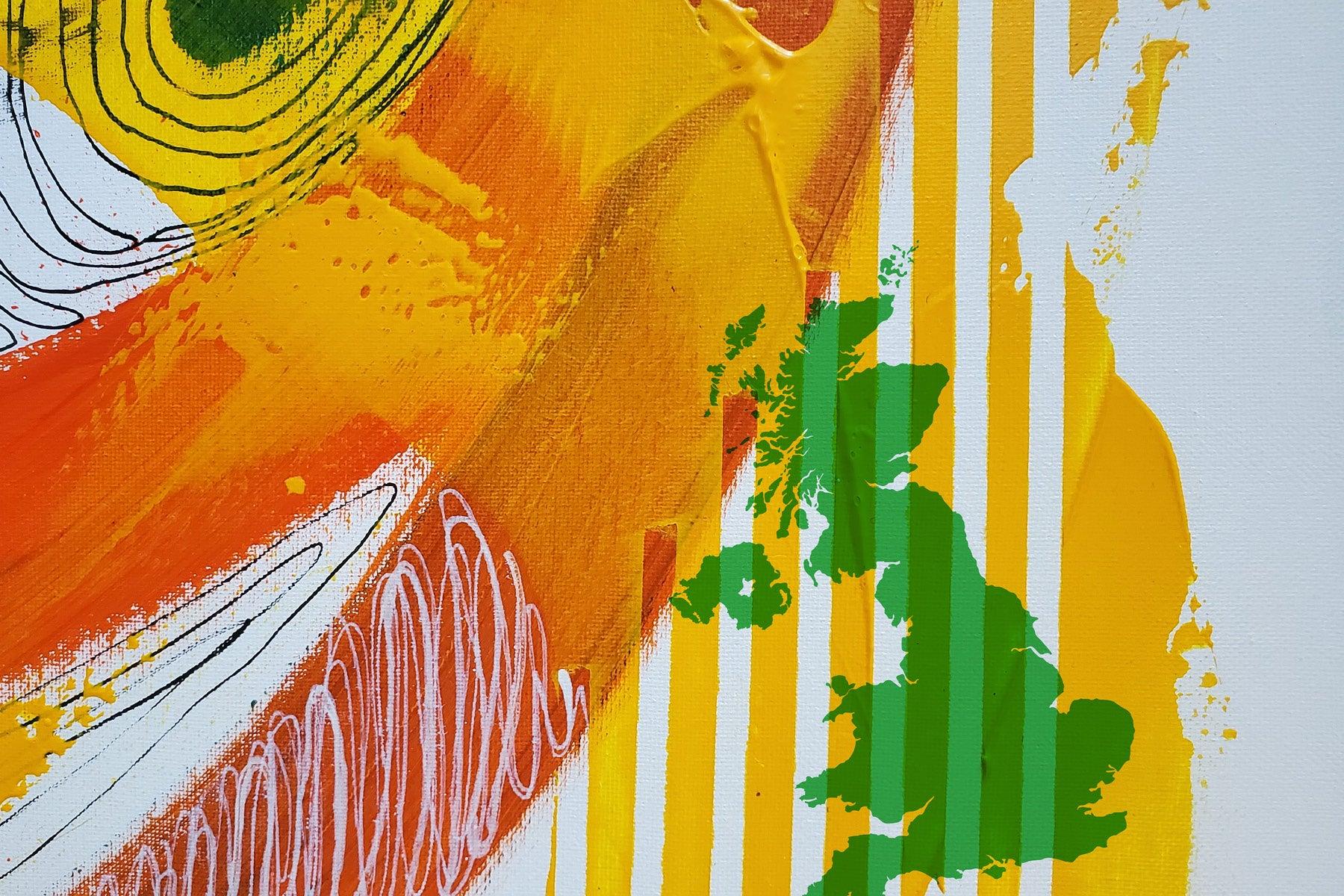 Home Page
Home PageBlack History Month: Understanding Cultural Appropriation, Allyship, and the Profound Influence of Black Culture

We are celebrating Black History Month by taking stock of the profound influence the Black community has had on British society and using this platform to address pressing issues like cultural appropriation and allyship.
Join us as we explore these important topics, recognising the challenges many have faced and continue to tackle, while also celebrating the diversity and contributions brought to us through the inclusion of Black communities.
From Appreciation to Appropriation: Navigating Cultural Boundaries
Cultural appropriation is a complex and often controversial concept that involves the adoption or use of elements from one culture by individuals or groups from another culture, particularly when they are more dominant or privileged. It becomes problematic when those elements are used without proper understanding, respect, or acknowledgment of their cultural significance, often resulting in the trivialization or commodification of the original culture. This can perpetuate stereotypes, reinforce power imbalances, and contribute to cultural insensitivity or harm to marginalized communities.
On the other hand, cultural appreciation involves a respectful and genuine acknowledgment and celebration of the customs, traditions, and contributions of a different culture, fostering cross-cultural understanding and promoting an enriching exchange in a way that honours and respects the cultural context.
Preventing cultural appropriation is a personal responsibility. It’s important to actively educate yourself by reading and learning about different cultures to help improve awareness, respect, and cross-cultural appreciation.
From Awareness to Advocacy
We hear the word ‘ally’ so often, but what does it mean? An ally is someone who supports and stands with another group, working to understand their needs and advocating for their rights, often in the context of social, political, or cultural issues. As an ally, you can be instrumental in helping address important issues such as discrimination, prejudice, and systemic biases. Allies work to understand and advocate for the rights and interests of the group they are supporting, contributing to positive change, and fostering inclusivity and equality.
Becoming a better ally is an ongoing process that involves continuous self-improvement and active engagement. To start, educate yourself about the experiences, history, and challenges faced by marginalized communities. Listen actively to their stories and concerns. Use your platform to amplify their voices and perspectives and take action to address inequality through advocacy and involvement. Challenge your own biases as well as those around you, actively working to eliminate them. Be open to criticism and feedback, using it as an opportunity for growth, and make allyship a consistent part of your life, not just a temporary effort.
Being an ally isn’t confined to one community; it involves a commitment to support all marginalized communities and combat systemic injustices wherever they are found.
Shaping the Fabric of British Culture
The impact of Black culture on British society is profound and multifaceted. It has significantly enriched the cultural fabric of the United Kingdom in various ways, challenging norms, broadening perspectives, and contributing to a more diverse, inclusive, and vibrant society.
The British music and fashion scenes have been undeniably shaped by Black culture. From the development of reggae and ska to the rise of genres like grime, jungle, and UK garage, Black artists have been instrumental in influencing and diversifying the musical landscape.
Black designers, models, and influencers have challenged conventional beauty standards and diversified the fashion industry. Figures like Naomi Campbell and Edward Enninful, the Editor-in-Chief of British Vogue, have broken barriers and elevated Black voices in the world of fashion, helping to drive inclusivity and representation.
Writers and artists from the black community have left a permanent mark on British literature and art, making thought-provoking contributions that delve into matters of identity, race, and culture.
The British culinary landscape has expanded as dishes like jerk chicken, curry goat, and jollof rice have been introduced. These culinary influences are now beloved staples, enriching the nation’s multicultural food scene.
Athletes like Marcus Rashford, Mo Farah, and Ian Wright have achieved the status of national heroes through their exceptional athletic abilities. They have played a significant role in breaking down racial barriers and have leveraged their influence to advocate for social justice.
The impact of Black culture extends beyond these areas into activism and social justice. The Black community in the UK has a long history of activism, contributing significantly to the fight for civil rights and social justice. Movements like Windrush Generation and prominent figures such as Paul Stephenson, and Darcus Howe have been instrumental in pushing for equality and justice, shaping the country’s socio-political landscape. Of course, the influence of Black culture is extensive and extends well beyond the British Isles, leaving a lasting mark across the world.
An Inclusive Tapestry: Lifting Every Voice
The Black community has made significant contributions to the advancement of LGBTQ+ rights. The sub-culture of the LGBTQ+ community within Black culture is a testament to the strength and resilience of individuals who stand at the intersection of multiple identities.
Prominent Black LGBTQ+ activists, such as Marsha P. Johnson and Bayard Rustin, have been pivotal in the LGBTQ+ rights movement. Marsha, a Black transgender woman, played a central role in the Stonewall riots, a turning point for the LGBTQ+ rights movement. Bayard Rustin, an openly gay Black man, was a key advisor to Dr Martin Luther King Jr. and contributed significantly to the civil rights movement.
Black LGBTQ+ individuals have been at the forefront of political efforts to secure LGBTQ+ rights, including marriage equality, anti-discrimination laws, and healthcare access. Their contributions have been instrumental in shaping the LGBTQ+ rights movement and promoting greater equality and acceptance for all members of the LGBTQ+ community.
Black History Month offers a space to educate, promote understanding, and raise awareness about important issues, such as cultural appropriation and allyship. But it is also an amazing opportunity to celebrate the profound contributions of the Black community to our shared history and culture. It’s a time to honour the resilience, creativity, and achievements of Black individuals and community. By intertwining these conversations with the celebration of Black history, we can create a more inclusive and socially conscious society, where the achievements and struggles of the Black community are celebrated and championed year-round.
Further reading



